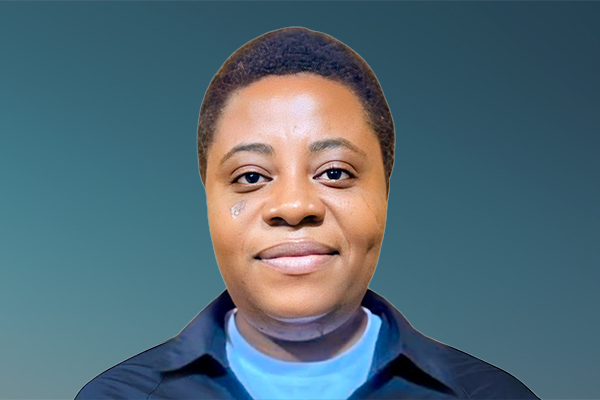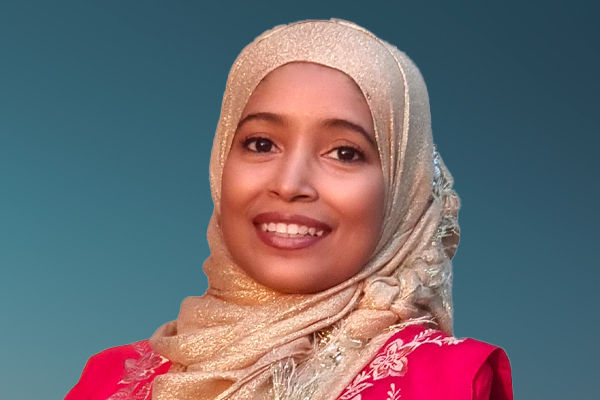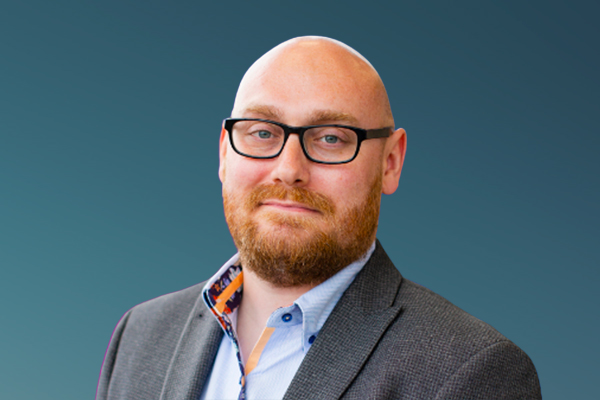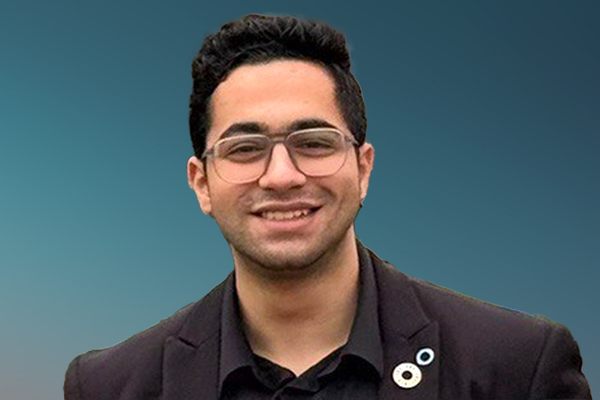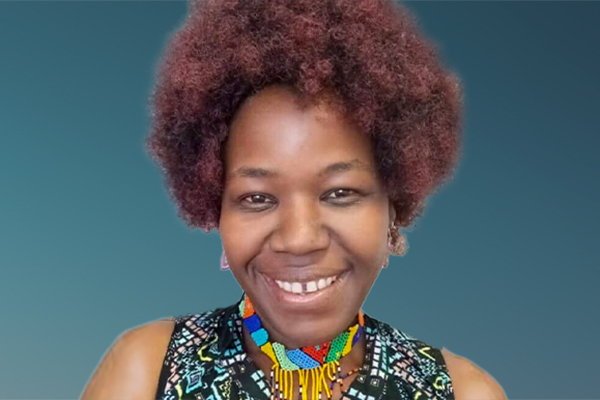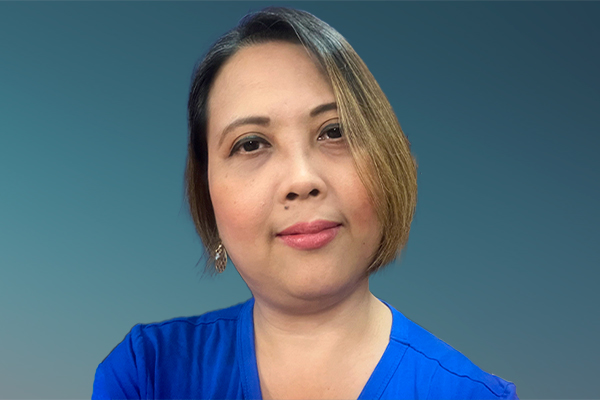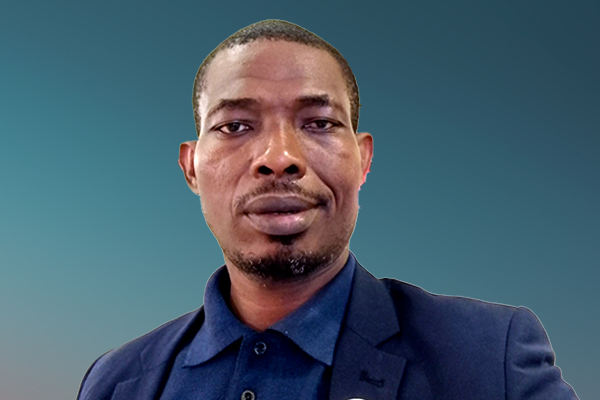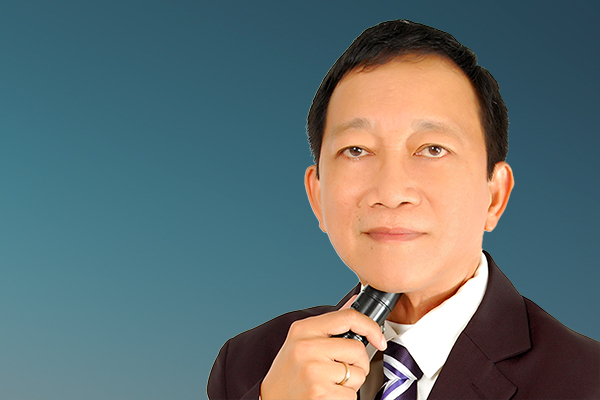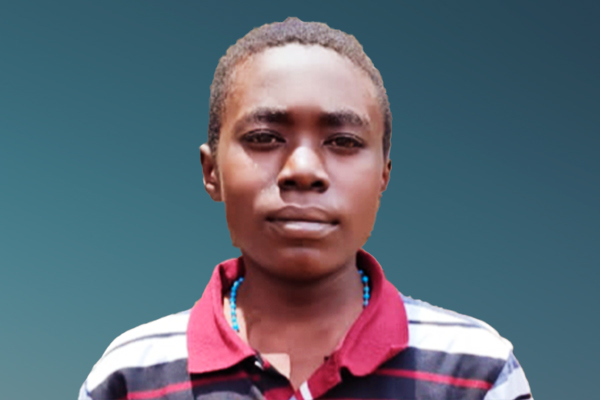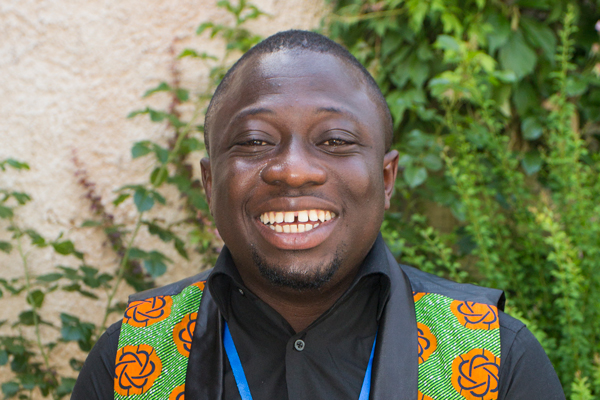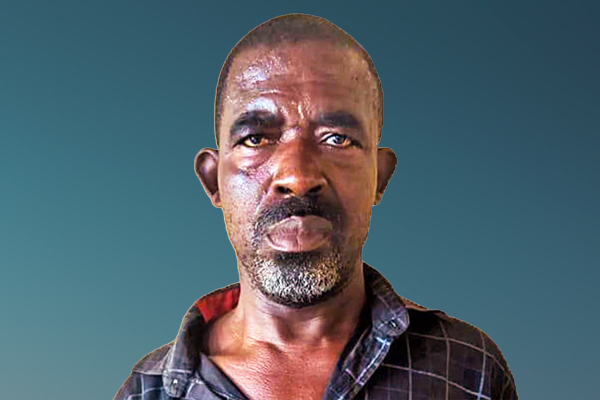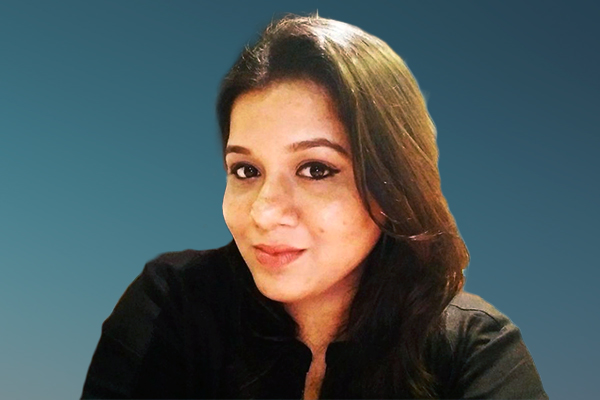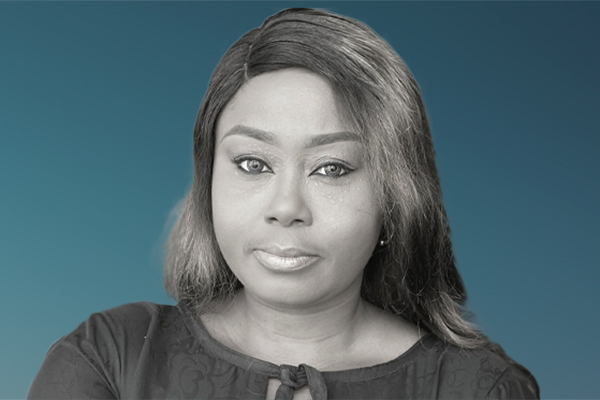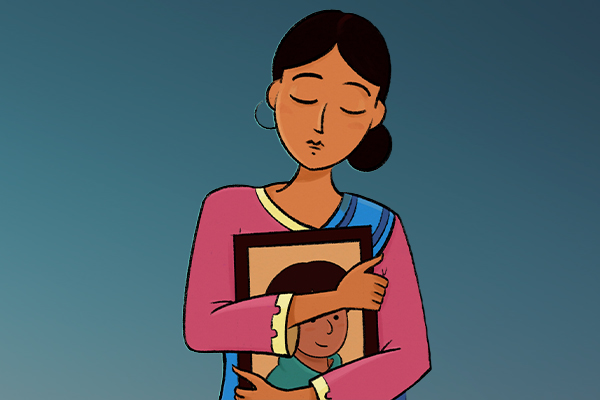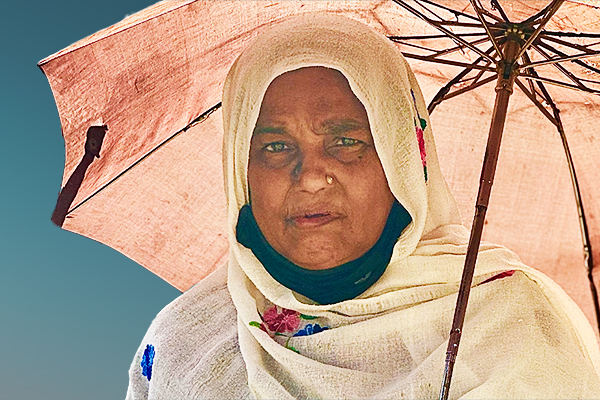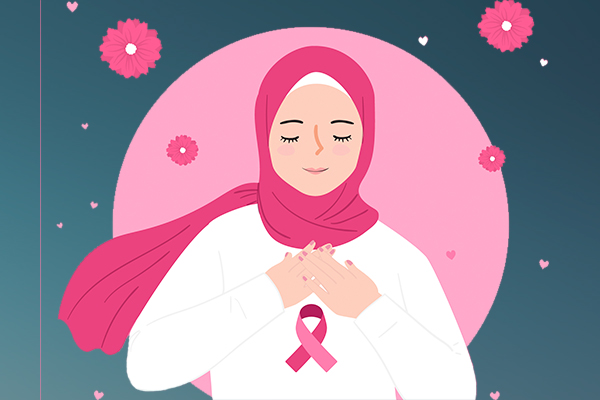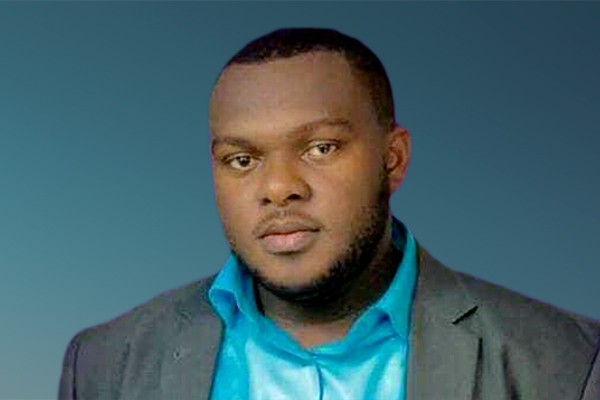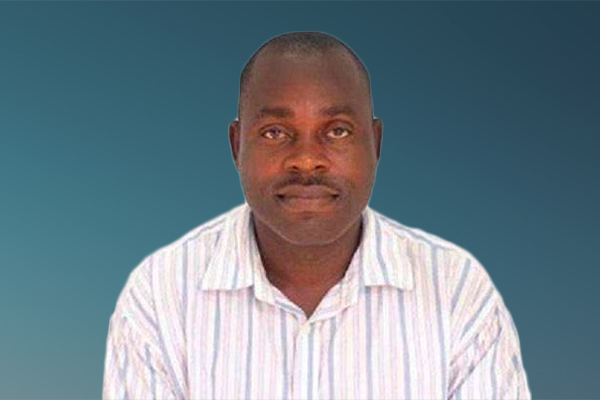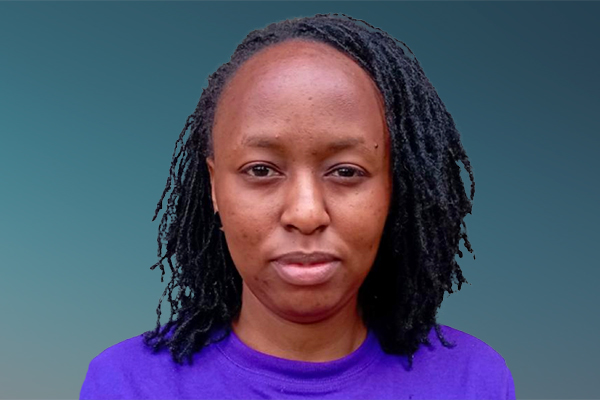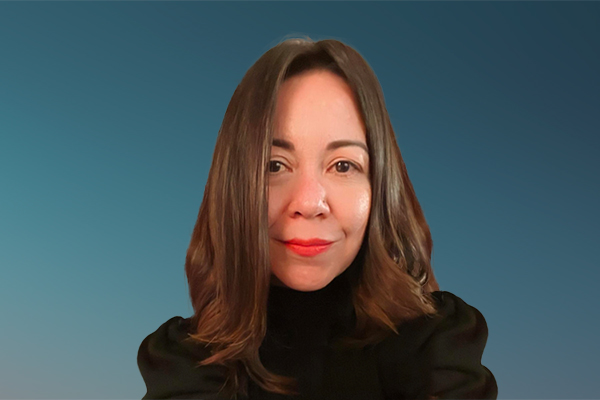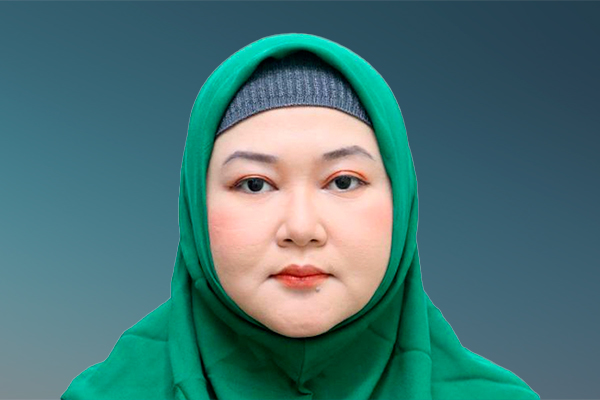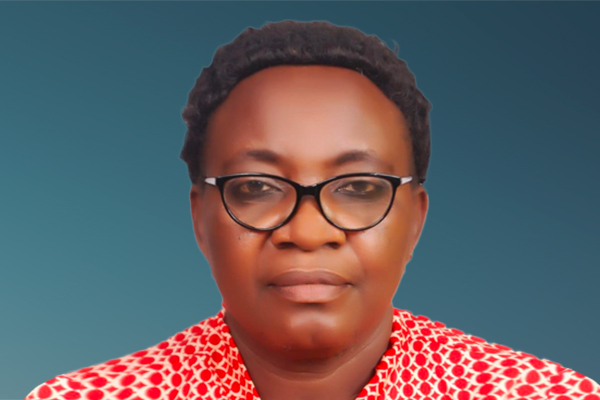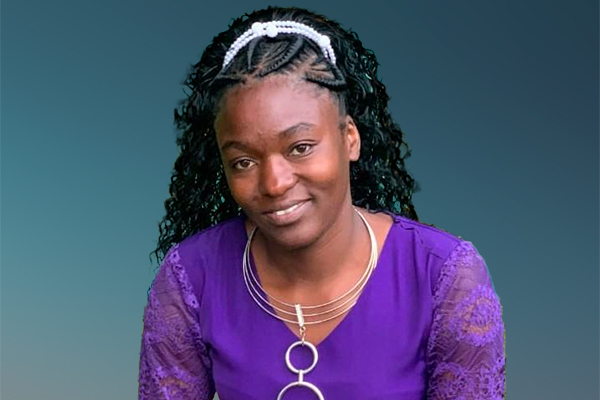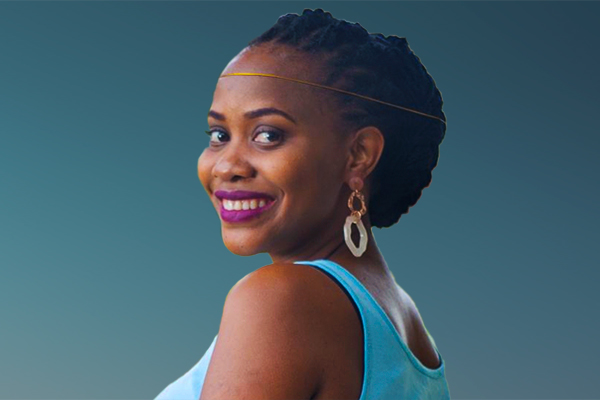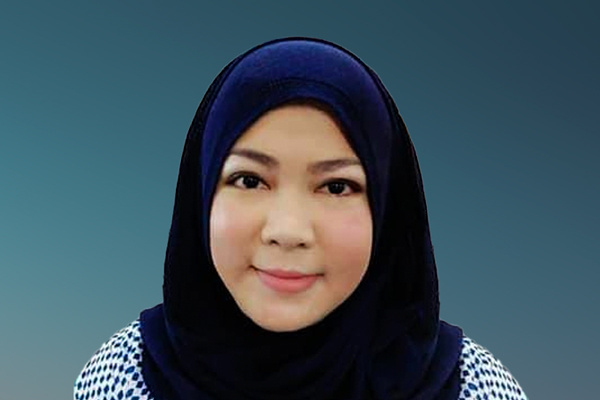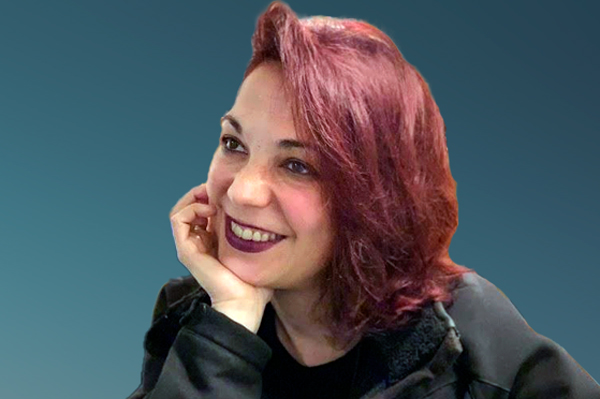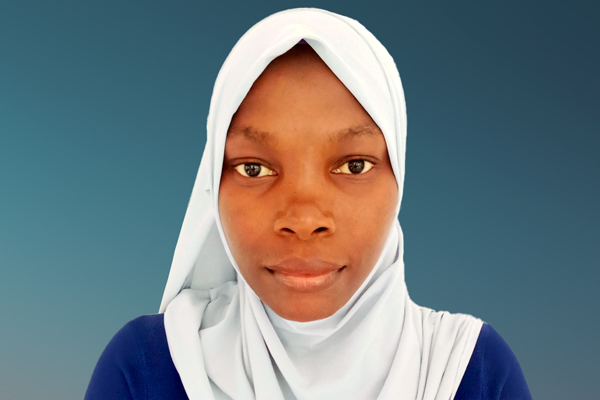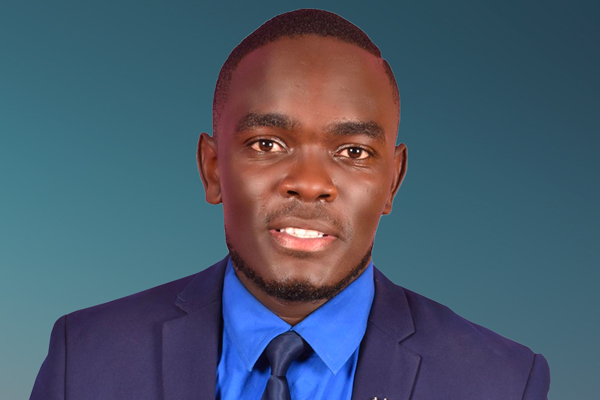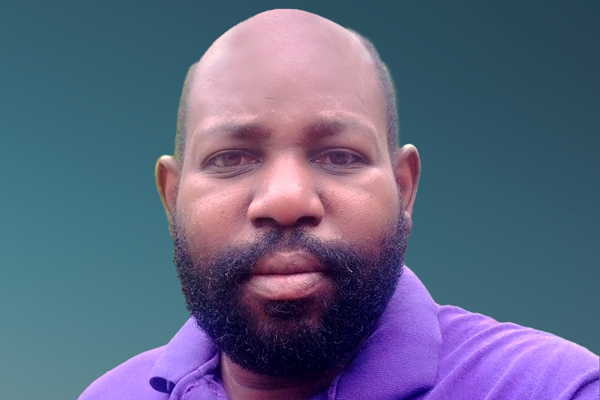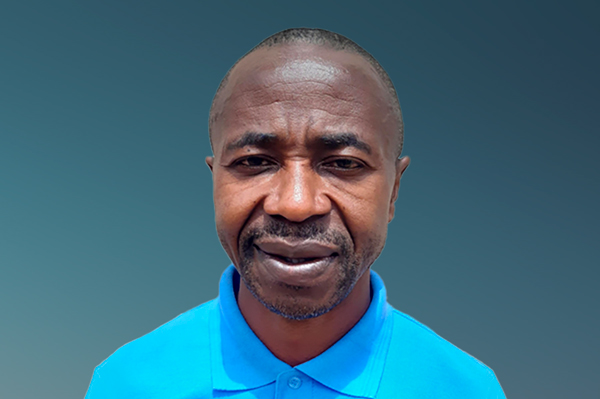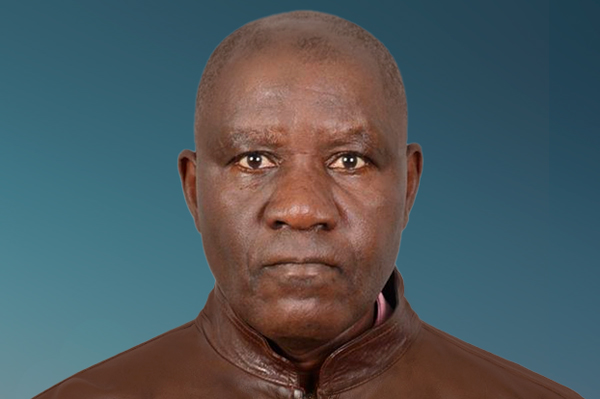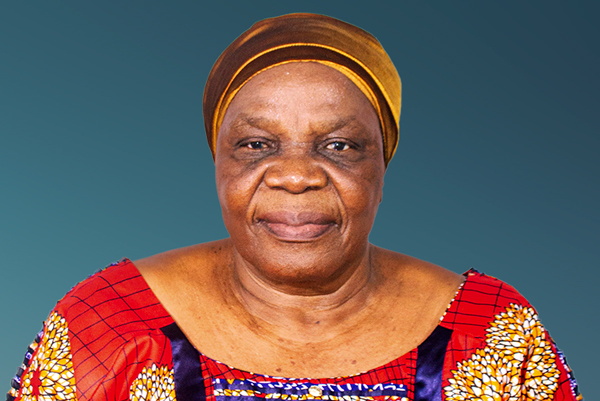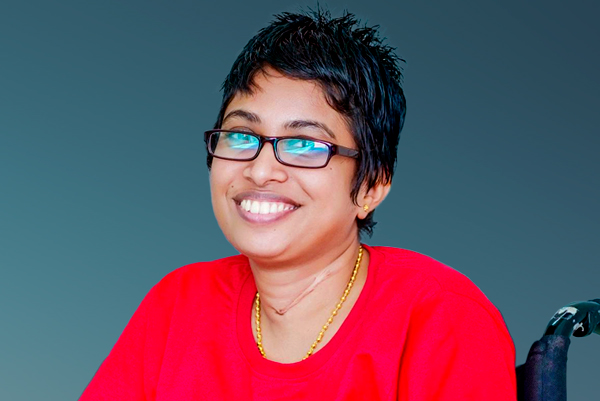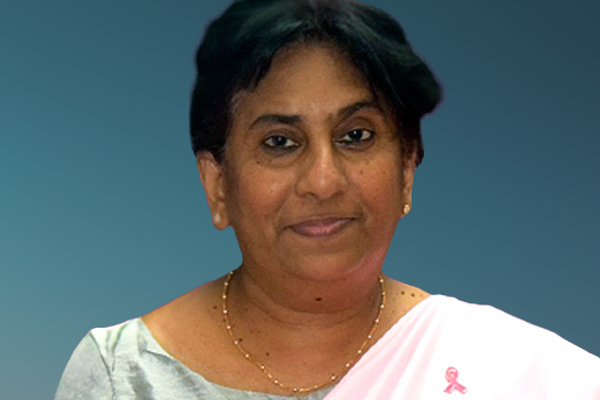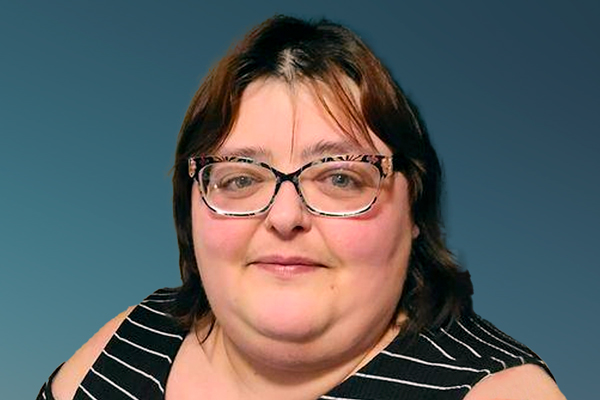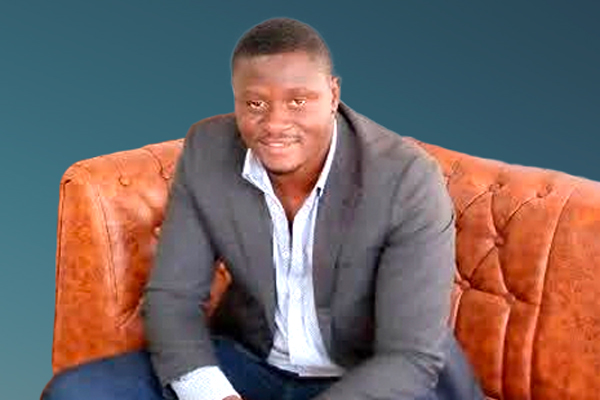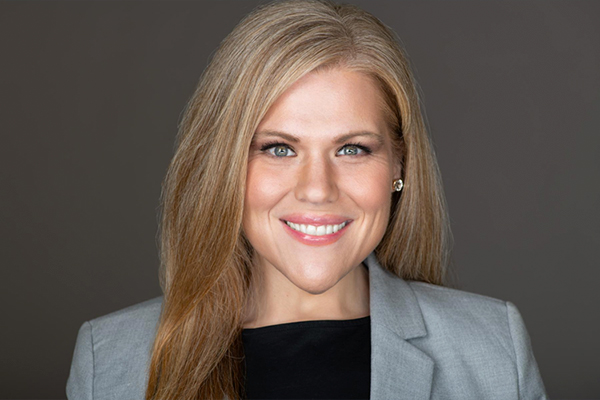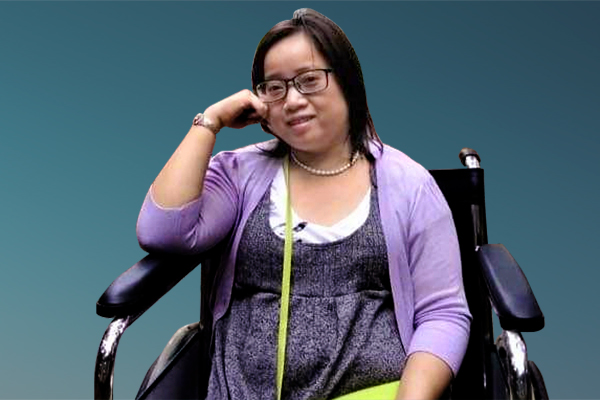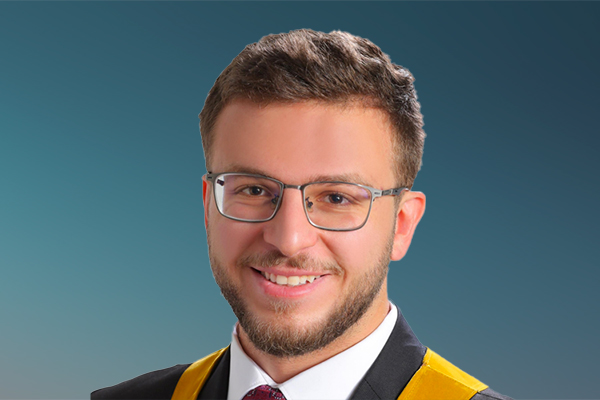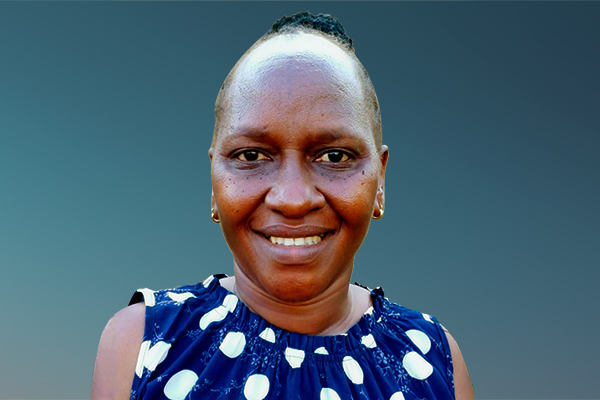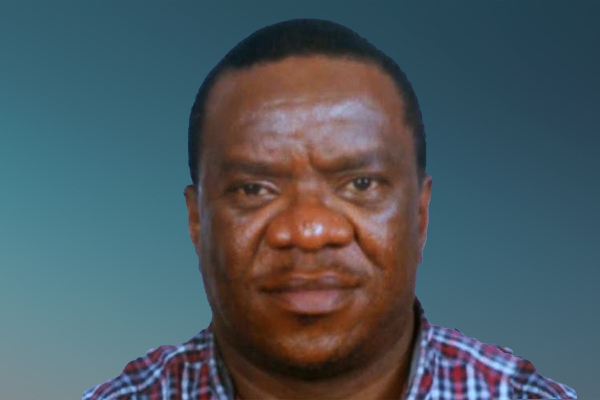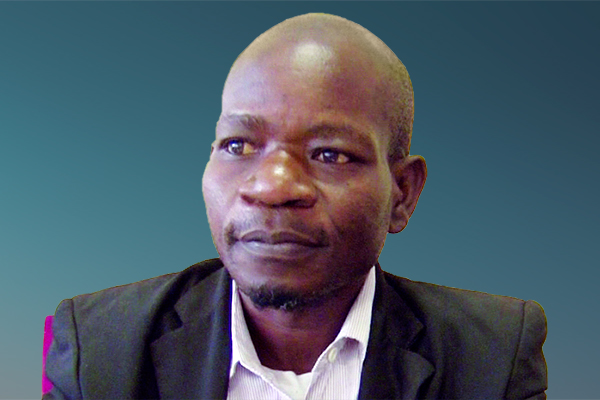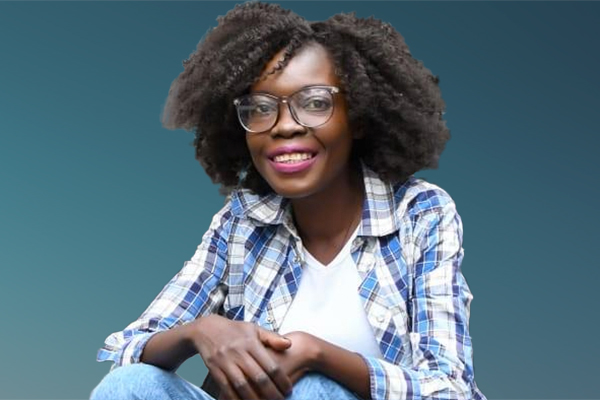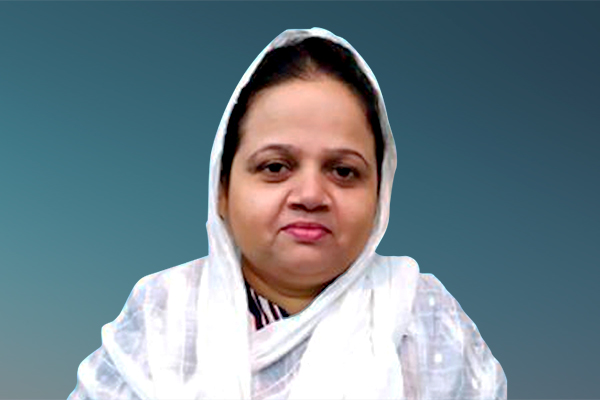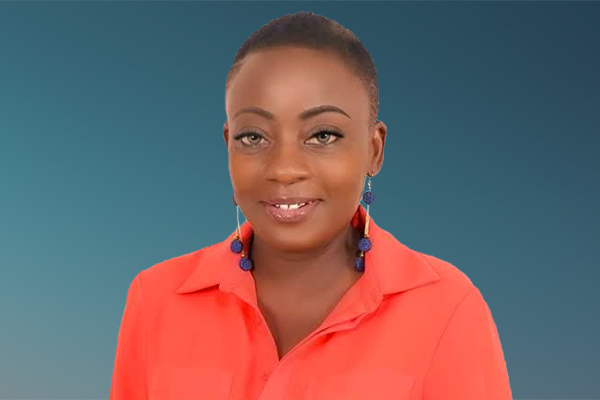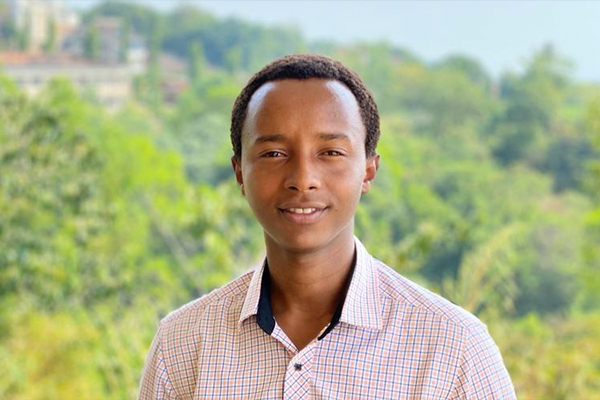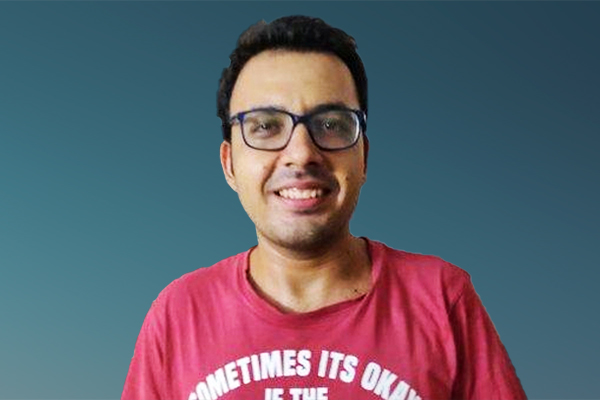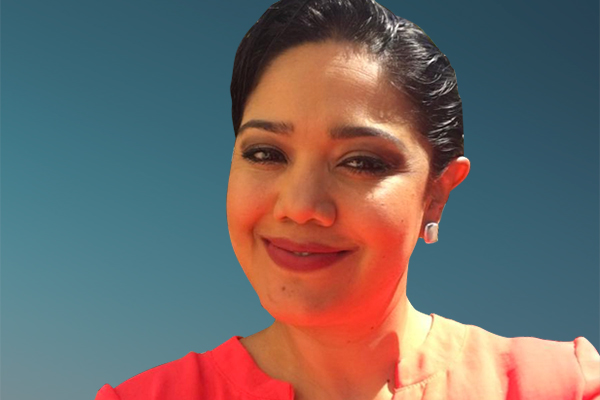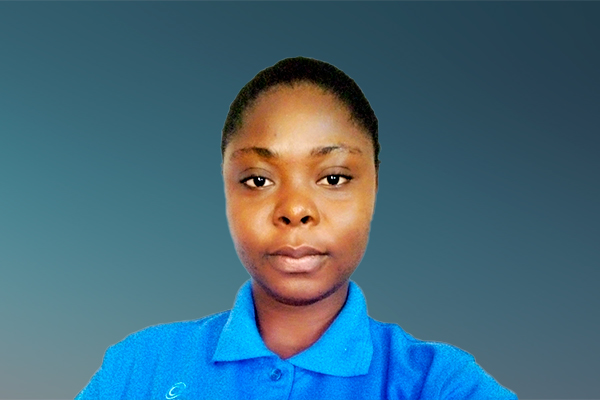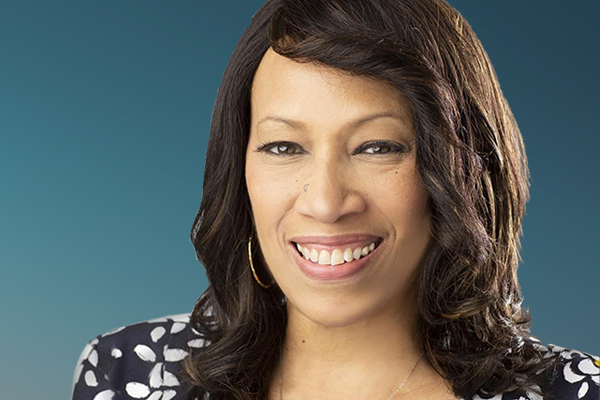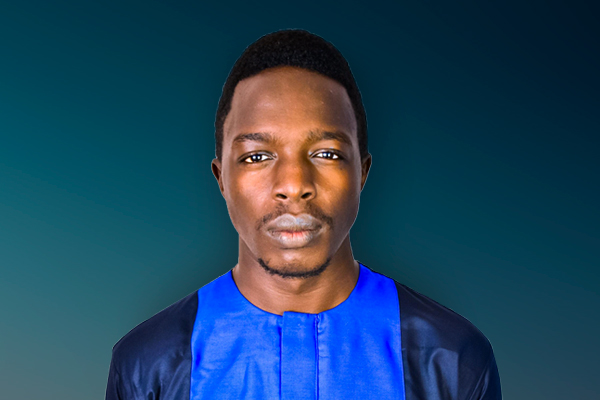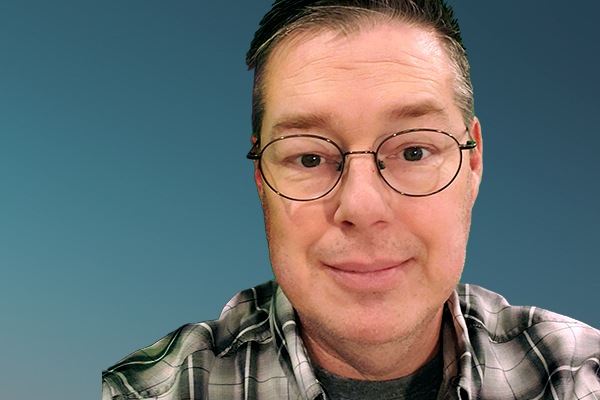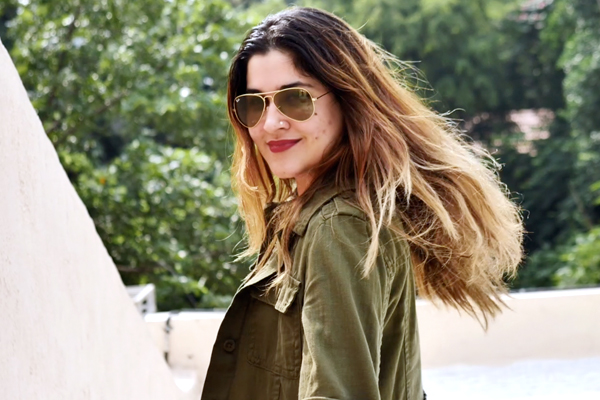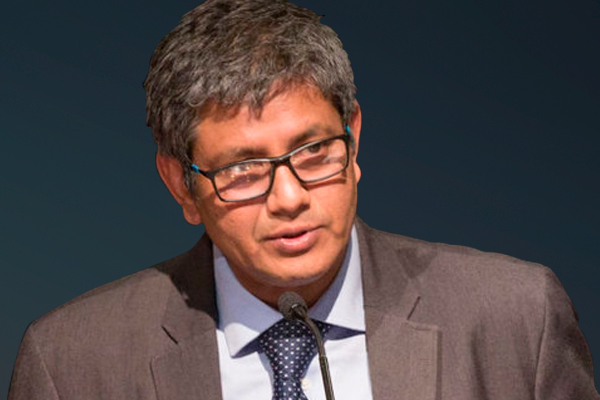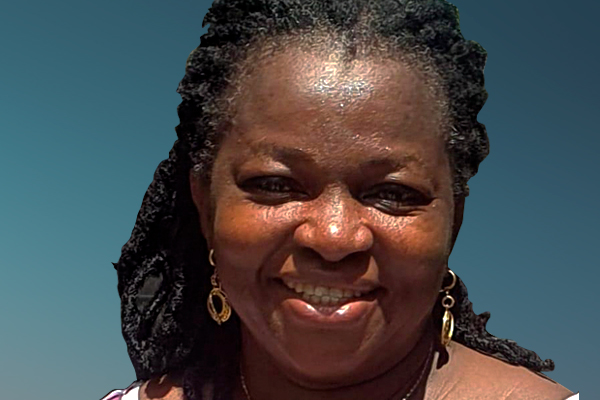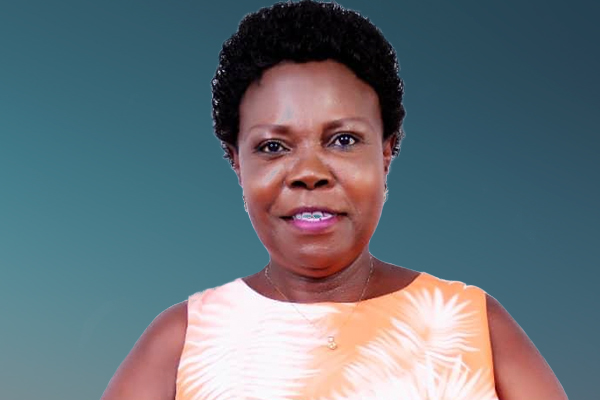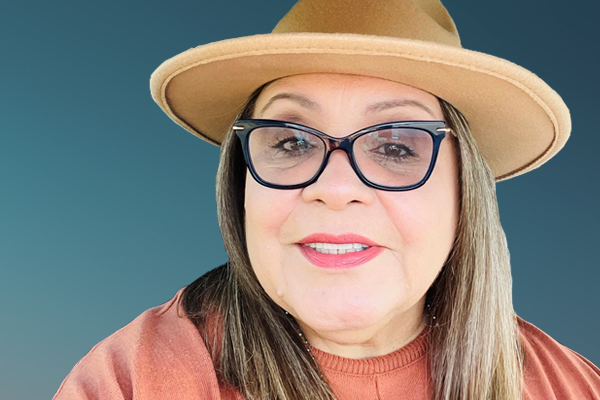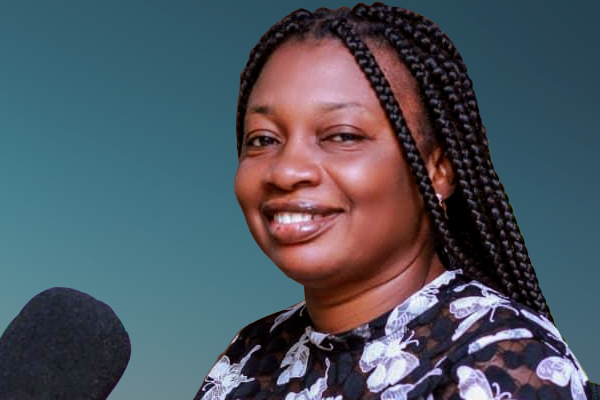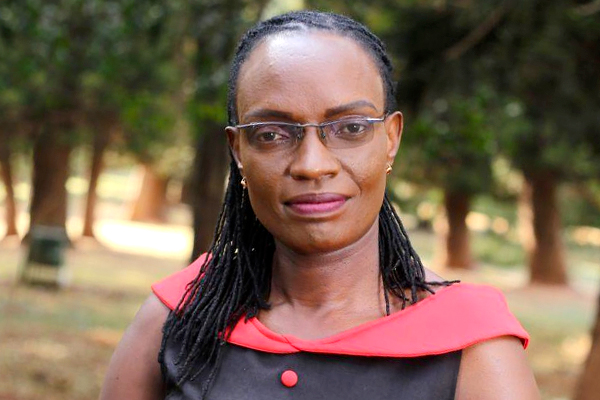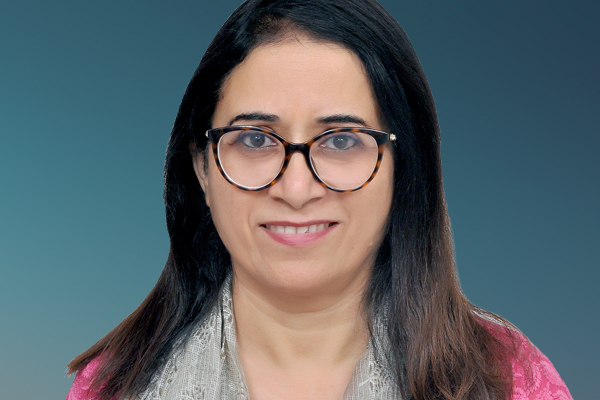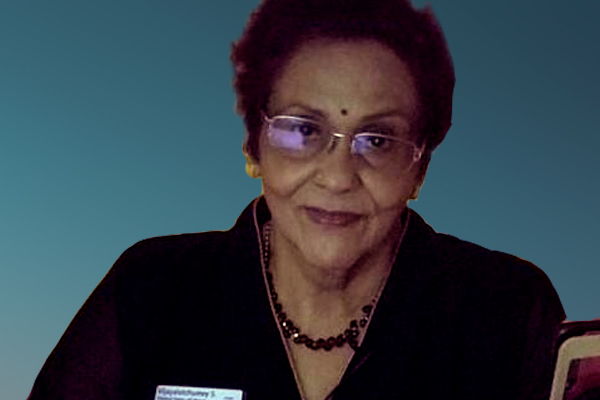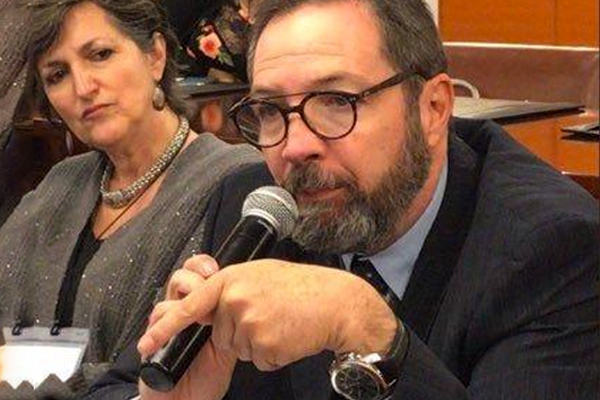Hello, my name is Alison Tennyson Ibrahim. And I really appreciate you joining me today. I come to you with NCD diaries through the Our Views, Our Voices initiative of the NCD Alliance.
I would like to talk to you about some of life's very important issues, specifically for people living with noncommunicable diseases, or NCDs. The theme for this podcast will be "Walk right together". And at this first episode, this introductory session, it will be about my life within the realm of NCDs and how it is that I can offer you some insight and support in ways in which we can understand how this life goes when you're carrying multiple chronic conditions or multi morbidities.
Interesting words that we will flesh out together what exactly that might mean, as someone living with multiple chronic conditions.
I come to you with an open heart and to share with you my life experiences so that maybe, just maybe, we can work through these types of challenges together.
Well, to give you just a little bit of background about myself. I am an original American born, raised and educated in the United States. And, in my mid 20s, in the mid 80s, I met a man from Kuwait who was half Indonesian. We fell in love, we got married, and two children later, we have three now, we decided that it was better for our family to move to Kuwait.
I was very excited about the challenge and opportunity of living in a new culture, a new language and looking at how the society would be working and how I can insert and fit myself in to contribute to this new society for myself. I experienced new foods and new people and new ways of living in a challenging opportunity, a challenging environment because it was a different culture for me. Sometime in about 2010, after we had lived there for several years, I began to realise changes in the way I felt physically.
I began to have an increase in hunger and thirst, but a lot was sleeplessness and anxiety. Everything had around me seemed to be balanced. I had a good career, I became an administrator in an American school there in Kuwait. I was contributing back to the society, my three children were settled and working in school doing very well for themselves.
But I knew that something was not exactly right.
So my husband and I began to search for a physician that could address these concerns. During that time, I was fortunate enough to have met an exceptional endocrinologist who was from Kuwait herself. And I attribute her to having saved my life.
After only one elevated blood glucose test result, this good doctor not only treated me for having diabetes, having overweight, having obesity. But she also addressed what I was living with and opened up the world of possibilities by which that I, as then, a person living with NCDs, was able to play an integral part in my own care. After the many years since those early days of frequent visits, worry with multiple email questions, review of medical results, actually studying the medical results, and discussions of the medications that I would take. The life saving medications that I would take. And my overall health and well being. I developed into a very integral part of my own medical team.
As that time went by, I began to realise that if I could monitor myself more closely, monitor my stress levels, monitor my food, monitor exercise and medications. On working along with my physician, I was able to figure out that I was capable of actually taking my own care and life into my hands.
Well, I developed a keen interest in advancing the voices of people living with NCDs. And now I introduce myself as an advocate. But more important as this person living with multiple chronic conditions of having obesity, having overweight, having diabetes, alopecia, osteoarthritis, anxiety and insomnia, I was able to now develop a voice that I would love to share, to help other people advance themselves into the area of being able to advocate and live for caring for themselves.
I was also very supported by my family unit, in which my husband is fully aware of what my conditions mean, what I'm dealing with, and how he can help support me. He was the first person to notice that, myself is a very talkative person, that when I go quiet or silent, that I must be hungry.
Little things like this are very important if you can sit and recognise who you are and what your needs are. And that's what I did.
During the times of COVID, this past year and a half, it was very difficult to keep up with the daily monitoring of my overall health conditions. And it began to negatively affect me and I think that this is not only me, but many other people in the world as well. And that through the additional anxiety and fear that this situation caused or added, in addition to having decreased access to my full medical resources and social support, it has required laser focus to keep balance in my life.
Additional challenges I faced were issues of mobility due to limitations of arthritis, and not being able to be as active or move as much as I used to, because I recently, in the last couple of years, lost 60 pounds. Predominantly based on exercise of swimming and monitoring some of my eating habits, that I really was at a loss as to how to get back that that schedule within my life, that balance. And that living with obesity, the mental stressors and the day to day uncertainty of a multitude of diseases and fears of COVID. But then I always tried to remain hopeful.
I would like you to understand that it is possible for you to balance your life and that I have been able to find ways in order to recalibrate if you will, my emotions, recalibrate how I approach food, how I look at it, how I try to manage. And I'm not always perfect at it. But that I am capable.
More recently, I was locked down in Kuwait because of COVID. We were not able to move about and I wanted to come back to United States because my sister was very sick with cancer. Also an NCD. I was able to get to her by October - she and my 95 year old, then 95 year old father who was also a cancer survivor. Along with having diabetes, and other issues of mobility. I got back to United States in October, and by mid November my sister passed away.
After that, I took on the responsibility of fulltime caregiver of my 95 year old father with his own multiple morbidities. In learning the adjustment, because as having diabetes myself, I monitor and maintain my health through medications, tablets. My father, on the other hand was an insulin-dependent diabetic. I had to learn How to manage the caregiver stance, when in terms of how it is that he needed to take his medications, the food that he needed in order to maintain a healthy lifestyle, and also the emotional aspects of having lost my mother in 2018, and now having lost my sister who would who was his primary caregiver, and they were a team.
Unfortunately, I only had three months to chase his happiness and his health. And in February, after my sister passed in November, in February, my father also passed away.
In addition to all of the conditions that I carry, and as much as I tried to balance my mental health, my anxiety, the insomnia, let's add in crushing grief. And however, this is a fact of life, it is very difficult when you're trying to maintain life, when you have multiple chronic conditions, in handling these massive changes.
Subsequently, after I had moved to United States, to be with my family who have their their difficulties, I had to find medical insurance in order to maintain my health as well. And I signed up for insurance here in the United States. And coming from Kuwait, a very generous society of universal health care, free health care for everyone. It was quite different here paying $730 a month in order to have my medical insurance. And up until just recently, in April, you were only having telemedicine, video conferences with the doctor and nothing in person. I had my medications, I was able to maintain that balance of health and well being, food and access to video care. But it was not the same as in person care that I was accustomed to. Not just primary, but also through specialist and tertiary care, very available to me in Kuwait that is not as much here so now.
As things in the United States begin to open up, I am finding that it is more available to meet with a specialist in person. But the problem is, when I want to schedule an appointment with the one physician and endocrinologist, the first appointment, it is now May, the first appointment is late August and September.
It brings me back to the idea that in working with my medical team, I being part of that team, find it best for me to involve myself in researching my conditions, finding ways to help myself to balance the stressors, and to figure out ways in which that I can begin to take control of how best to support myself.
I invite you to focus on finding ways that you can address your multiple chronic conditions or multi morbidities. People living with NCDs, multiple NCDs such as myself, have to balance out as best we can and I think that we can do this.
We can walk right together.

